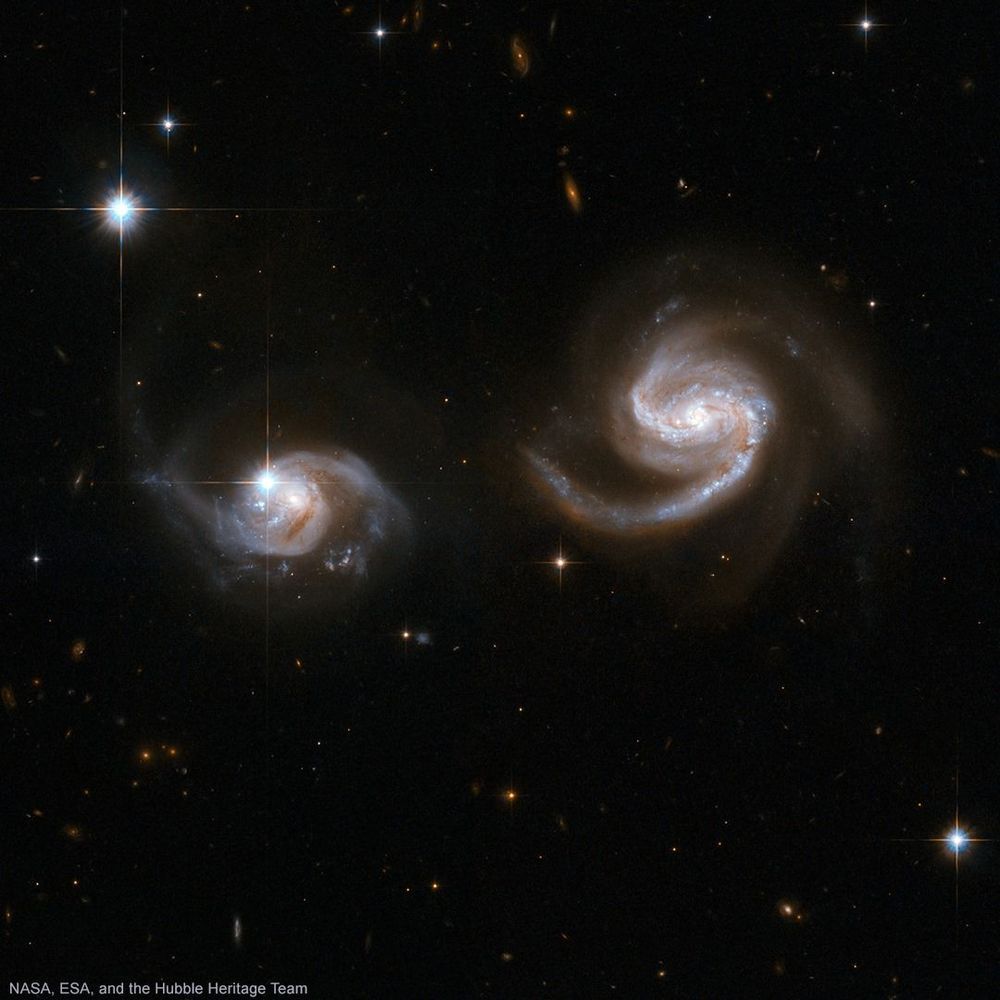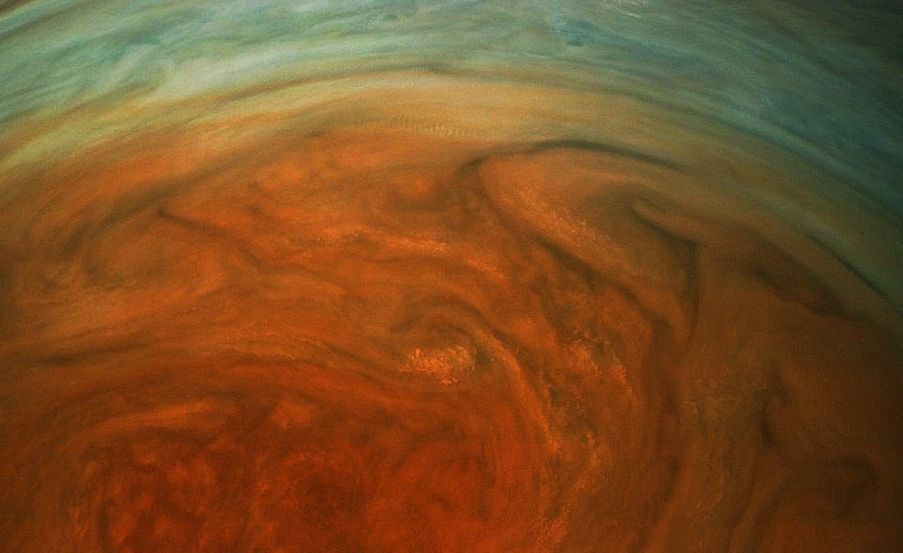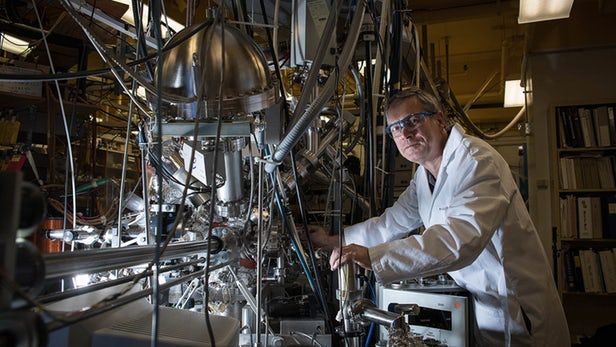Nearby in the sky are 2 interacting galaxies: LEDA 62867 (left) and NGC 6786 (right). Millions of years from now, after a long and graceful dance, NGC 6786 will likely consume its smaller galactic partner.




Robert Downey Jr. doesn’t pretend to be a brilliant scientist — even though he’s played Tony Stark, aka Iron Man, for the past 11 years.
But on Tuesday night he attended Amazon’s brand new, premier, open-to-the-public Machine Learning, Automation, Robotics and Space (re: MARS) conference in Las Vegas — a room filled with AI legends, astronauts, and other dignitaries — as a keynote speaker.
He delivered a gag-filled talk that somehow weaved together the history of the Marvel Cinematic Universe, the evolution of Stark’s Iron Man suits, allusions to his own troubled history with drug addiction, the actual history of artificial intelligence and its pioneers, with a bunch of jokes using the Amazon Alexa voice and Matt Damon (including a videotaped guest appearance by Damon).

Jupiter’s Great Red Spot is one of the most iconic features of any planet in our Solar System. The colossal, swirling storm has dominated Jupiter for years, and it’s one of the things we always expect to see when new images of Jupiter are published. Unfortunately, the spot is dying a slow and agonizing death, and it’s possible that it could be entirely gone within our lifetimes.
The storm is running out of steam, and while astronomers are always striving to learn more about the mechanics of how Jupiter’s massive storms form and sustain themselves, it’s clear that the Great Red Spot’s days are numbered. Now, observations by veteran Jupiter observer Anthony Wesley seem to reveal the storm lashing out as it rotates in Jupiter’s atmosphere.

A space suit conceptualized and invented by Filipino students bagged the gold award at an international robotics contest in Turkey last week. Current latest trending Philippine headlines on science, technology breakthroughs, hardware devices, geeks, gaming, web/desktop applications, mobile apps, social media buzz and gadget reviews.
What’s up in the June night skies? Find out how you can see Jupiter at its biggest and brightest, while Mercury and Mars appear ultra-close + how you can observe the Moon’s tilted orbit. Watch & find out more on the latest episode of NASA’s What’s Up:


Although oxygen is common throughout the cosmos, most of it isn’t in the form that we as humans need to breathe – molecular oxygen, or O2. Now, researchers at Caltech claim to have created a reactor that can turn carbon dioxide into molecular oxygen, which could help us fight climate change here on Earth or generate oxygen for life in space.
Somewhere in the outer reaches of the Solar System, beyond the orbit of Neptune, something wonky is happening. A few objects are orbiting differently from everything else, and we don’t know why.
A popular hypothesis is that an unseen object called Planet Nine could be messing with these orbits; astronomers are avidly searching for this planet. But earlier this year physicists came up with an alternative explanation they think is more plausible.
Instead of one big object, the orbital wobblies could be caused by the combined gravitational force of a number of smaller Kuiper Belt or trans-Neptunian objects (TNOs). That’s according to astrophysicists Antranik Sefilian of the University of Cambridge in the UK and Jihad Touma of the American University of Beirut in Lebanon.
